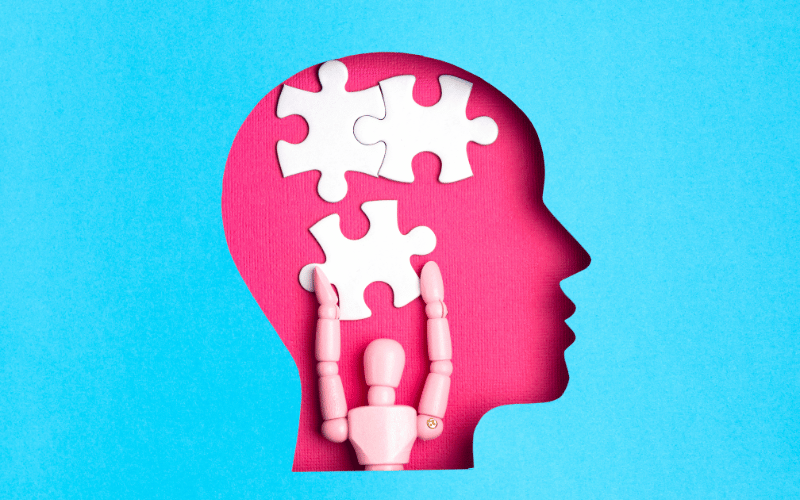Symptom 2: Cognitive Impairments

With delirium, cognitive functions can take a significant hit. This doesn’t merely manifest as forgetfulness. It’s a deeper disruption, where core cognitive abilities, like thinking, understanding, and remembering, are hindered.
Individuals affected may display behaviors that hint at this. For instance, they might struggle to recall names of close family members or forget essential details about themselves, such as their address or birthday. These lapses can be intermittent, making them even harder to pinpoint as symptoms of delirium.
Moreover, their ability to process information might become noticeably slower. Simple tasks or decisions that they could handle with ease previously might now seem insurmountable. This isn’t a mere “senior moment”; it’s a serious decline in cognitive capability that demands attention.
What causes such a drastic shift? Often, it’s an underlying medical condition, like an infection, that affects the brain’s functioning. Alternatively, it could be a side effect of certain medications.
In addressing this symptom, it’s vital to be patient and understanding. Repeatedly questioning or pressuring the individual can exacerbate their distress. Instead, gentle guidance and support, combined with medical interventions, can help steer them towards recovery. (2)